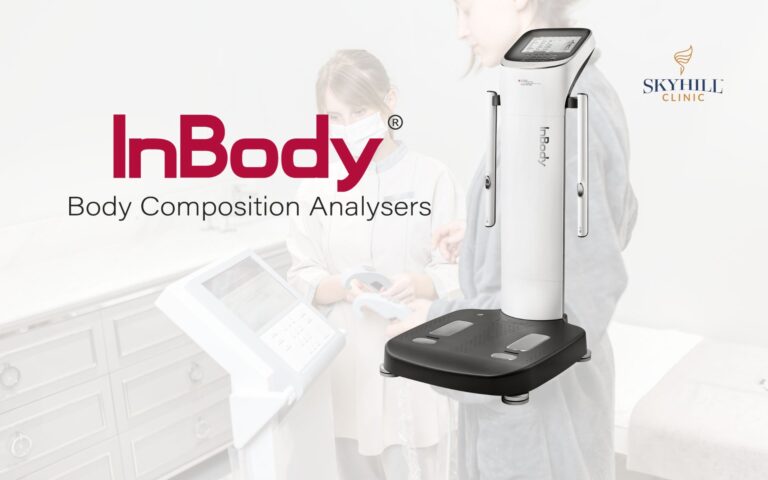Metabolic disorders affect how your body converts food into energy. They can involve blood sugar regulation, cholesterol levels, thyroid function, or hormone balance. Many metabolic conditions—like prediabetes, insulin resistance, or thyroid dysfunction—develop silently over time. By the time symptoms appear, damage to organs or metabolism may already be underway. Blood tests are one of the most effective tools for spotting early warning signs, giving you the opportunity to take preventive action.
Why Early Detection Matters Blood Tests
Catching a metabolic disorder early means you can make lifestyle changes or start treatment before complications arise. For example, prediabetes can often be reversed through diet and exercise if detected early. Without testing, you might miss subtle indicators like slightly elevated blood sugar or insulin levels.
Key Blood Tests for Early Detection Blood Tests
1. Fasting Blood Glucose
This test measures blood sugar after fasting overnight. Slight elevations can indicate prediabetes or early diabetes.
2. Hemoglobin A1C (HbA1C)
HbA1C reflects your average blood glucose levels over three months, making it a powerful tool for spotting long-term blood sugar trends.
3. Serum Insulin
Measuring insulin levels can reveal insulin resistance before glucose levels become abnormal. Elevated insulin is an early sign that your cells aren’t responding properly to the hormone.
4. Lipid Profile Test
This test checks cholesterol and triglyceride levels. High LDL or triglycerides and low HDL can signal metabolic syndrome or increased cardiovascular risk.
5. Thyroid Panel (TSH, Free T3, Free T4)
Thyroid dysfunction can slow metabolism, leading to weight gain, fatigue, and cholesterol imbalances. A thyroid panel detects underactive (hypothyroidism) or overactive (hyperthyroidism) thyroid conditions.
6. Vitamin D Levels
Vitamin D acts as a hormone influencing metabolism, immune function, and insulin sensitivity. Deficiency has been linked to obesity and insulin resistance.
7. Homocysteine and HSCRP Tests
These markers help assess inflammation and cardiovascular health, both of which are connected to metabolic dysfunction. Elevated levels may indicate increased risk for heart disease or stroke.
Hidden Symptoms You Shouldn’t Ignore Blood Tests
- Fatigue or Low Energy: May suggest thyroid issues or early diabetes.
- Unexplained Weight Gain or Loss: Could be linked to hormone or insulin problems.
- Frequent Thirst or Hunger: Early sign of blood sugar imbalance.
- High Blood Pressure or Cholesterol: Often tied to metabolic syndrome.
- Digestive Changes or Bloating: Sometimes associated with cortisol or thyroid changes.
Who Should Consider Routine Screening?
- Adults over 35 years old
- People with family history of diabetes, thyroid disease, or cardiovascular issues
- Individuals with unexplained weight changes or persistent fatigue
- Those with high stress levels or symptoms like mood swings or digestive issues
How Regular Hormone Screenings Can Prevent Hidden Health Problems
Frequency of Testing
- Every 12 months: For most adults as part of a wellness check-up
- Every 6 months: For those with risk factors or existing metabolic issues
- Before Lifestyle Changes: Baseline tests help track progress if you’re improving your diet or exercise habits
Preventive Steps Alongside Testing
- Balanced Diet: Focus on whole foods, fiber, lean protein, and healthy fats.
- Regular Exercise: Supports insulin sensitivity and cardiovascular health.
- Stress Management: Chronic stress can raise cortisol and disrupt metabolism.
- Adequate Sleep: Poor sleep can impair blood sugar regulation.
Conclusion

Blood tests play a critical role in detecting metabolic disorders before they become serious health problems. Whether it’s insulin resistance, thyroid dysfunction, or early signs of diabetes, testing provides a window of opportunity to reverse or manage conditions effectively. Regular screenings, combined with healthy habits, empower you to protect your long-term health and well-being.
More interesting articles here : Get to Know These 6 Lab Tests to Assess Your Metabolic Health











